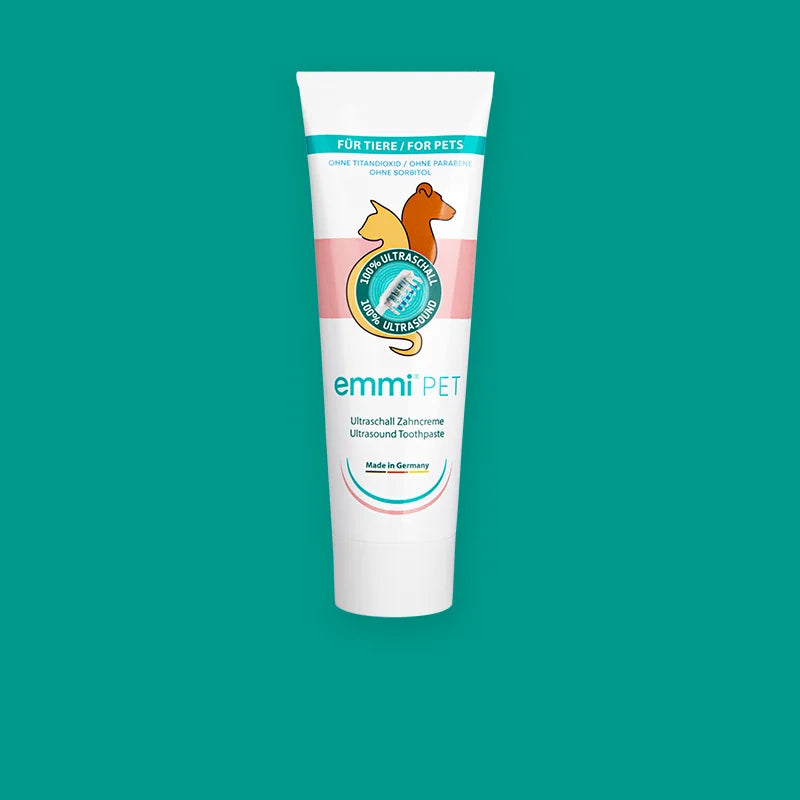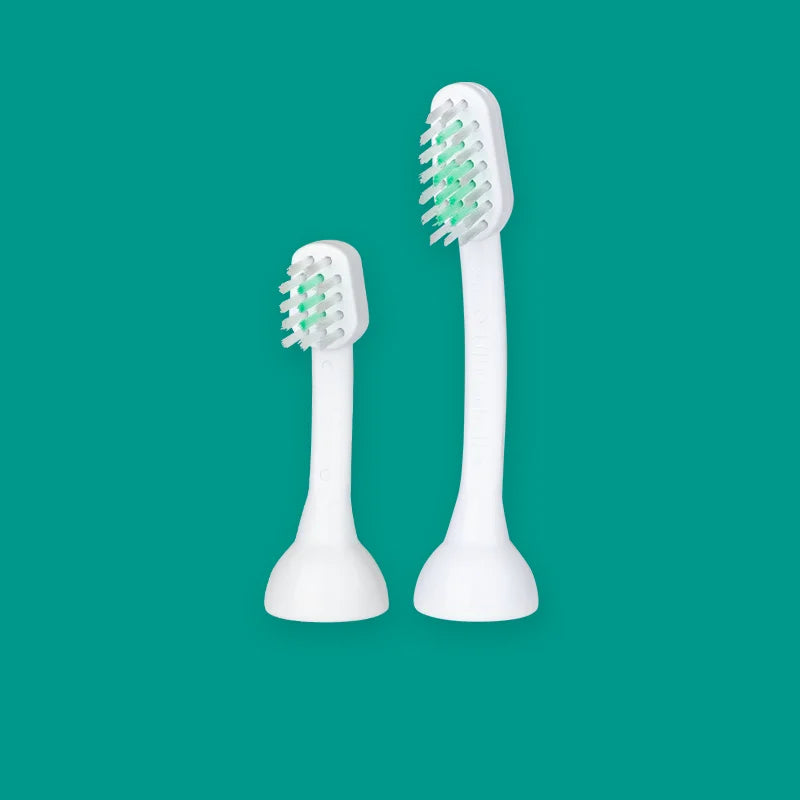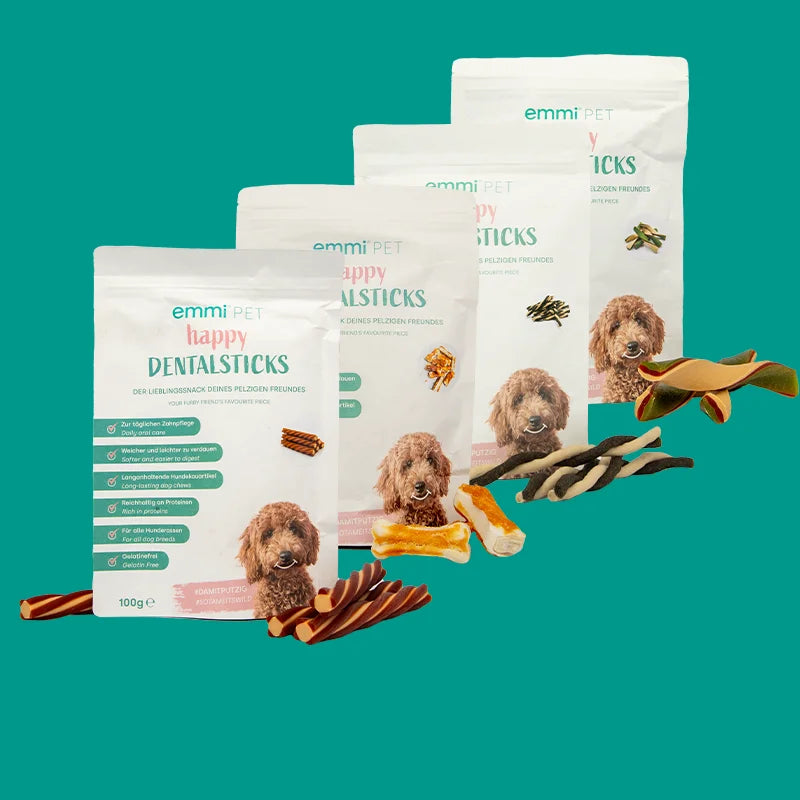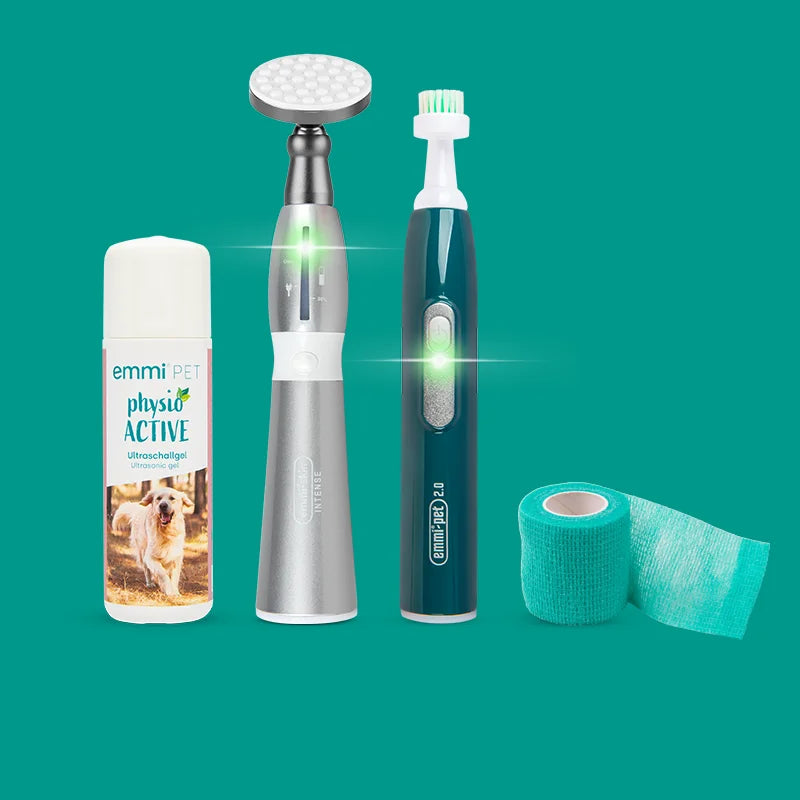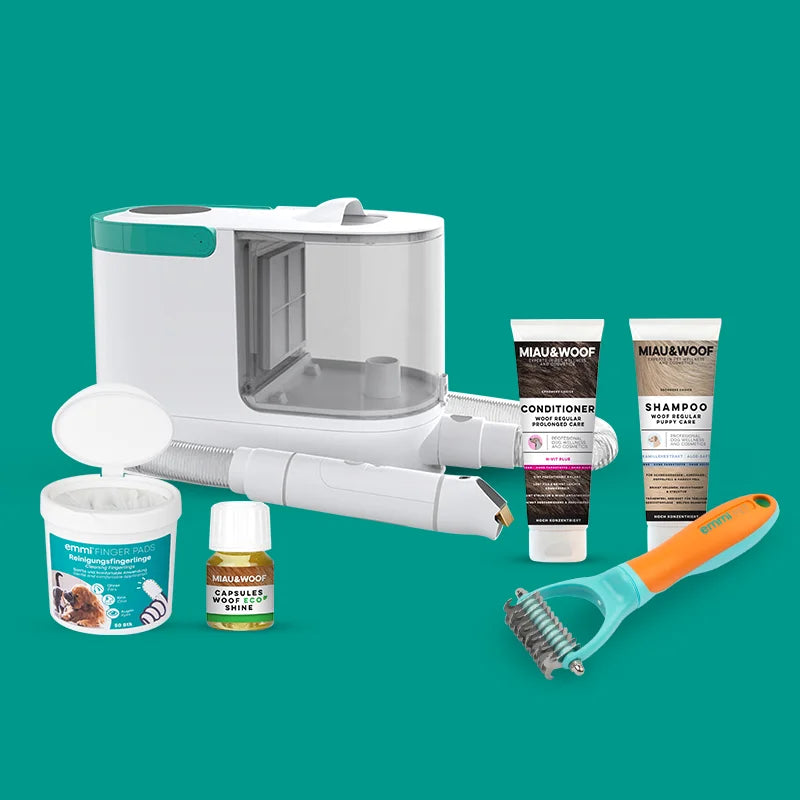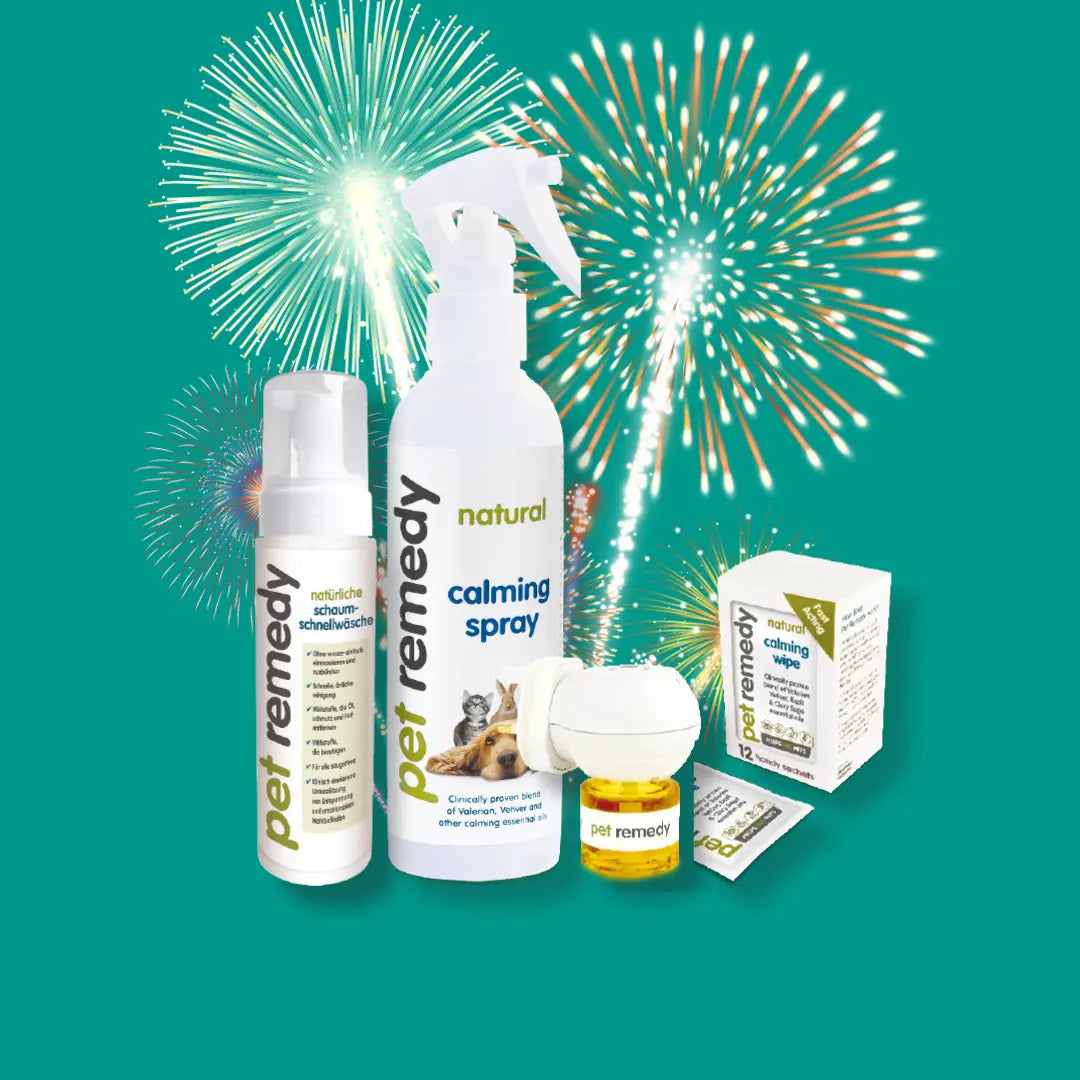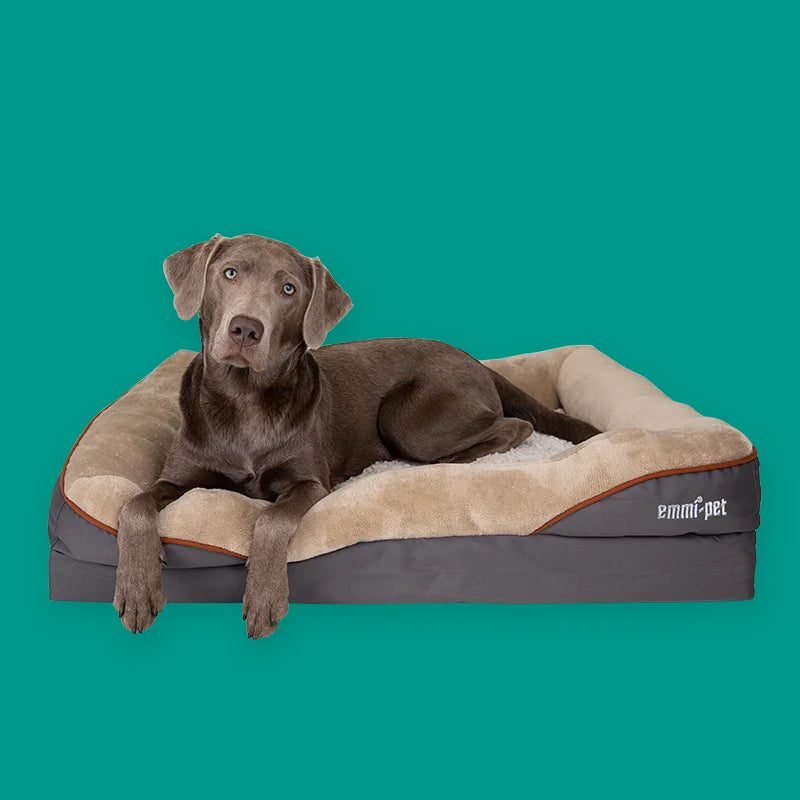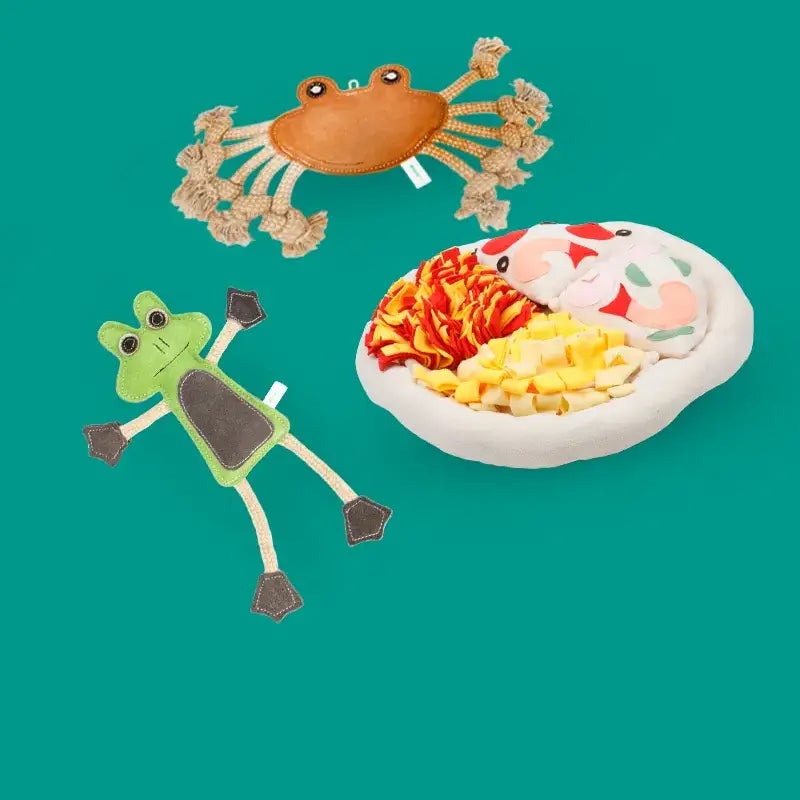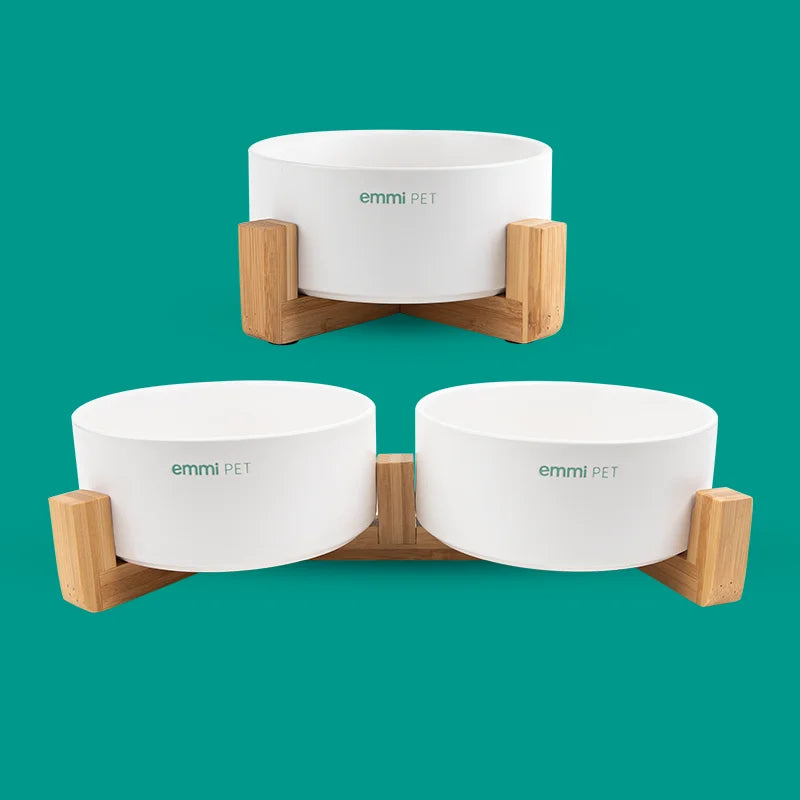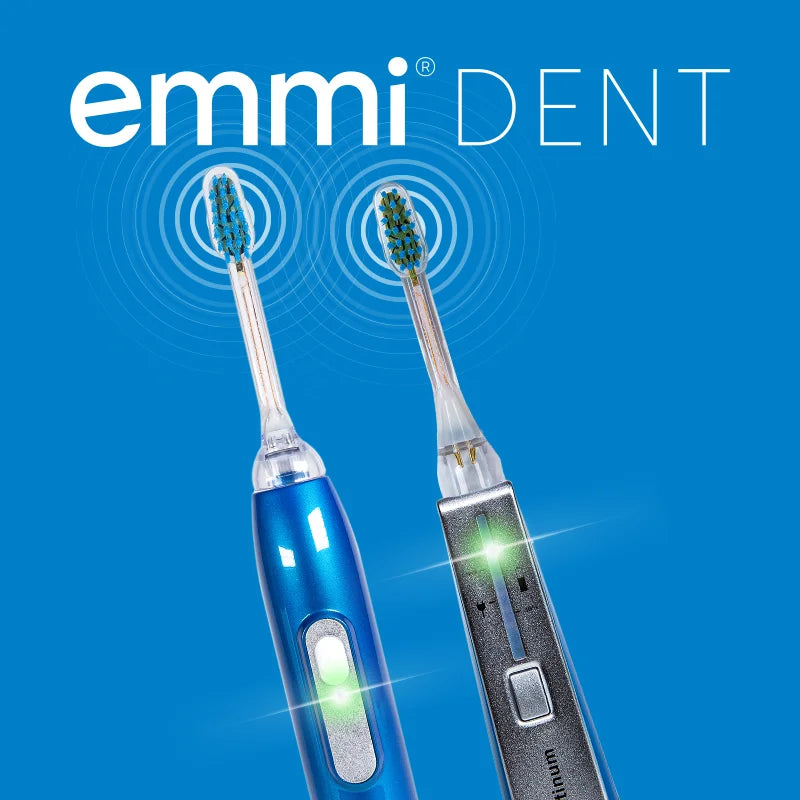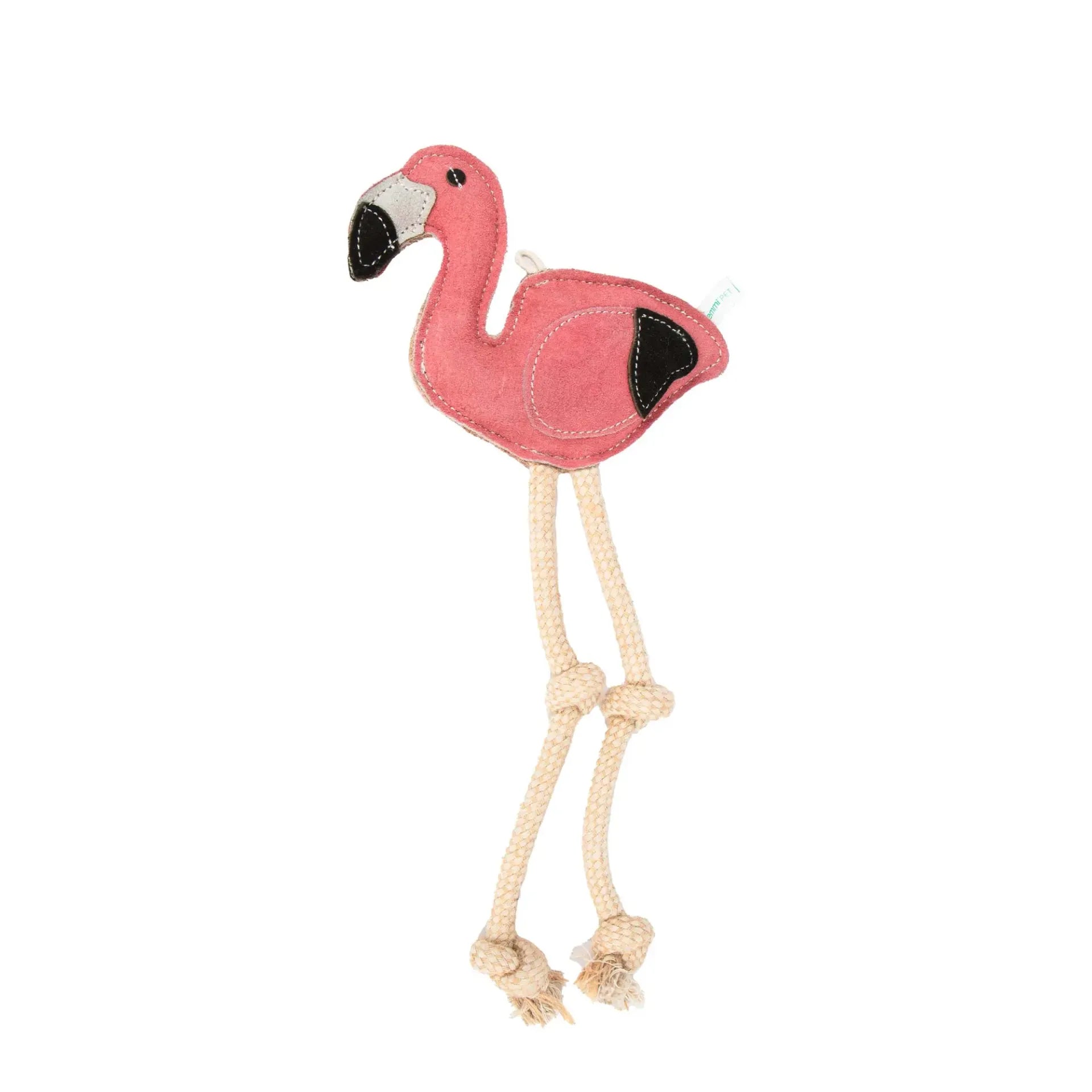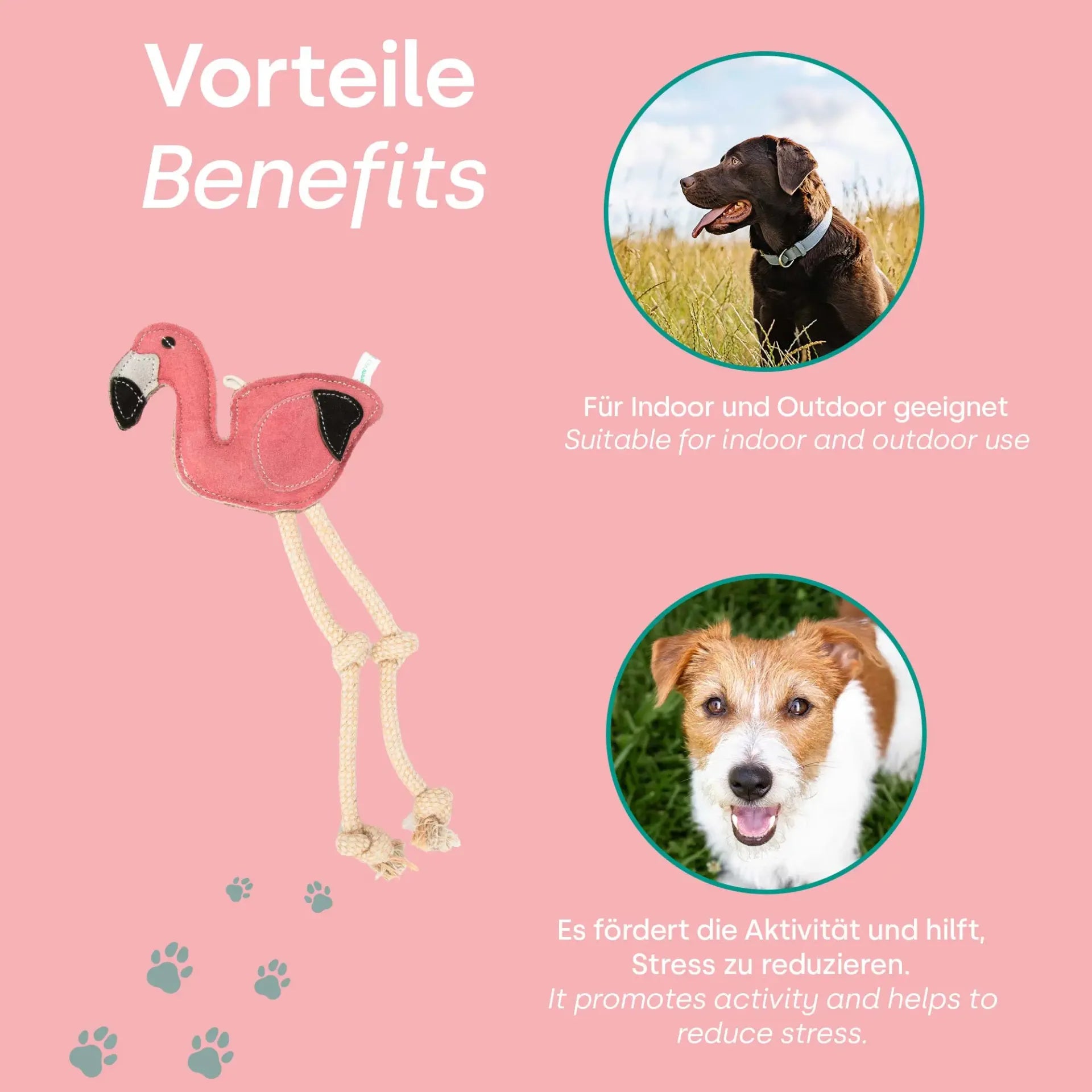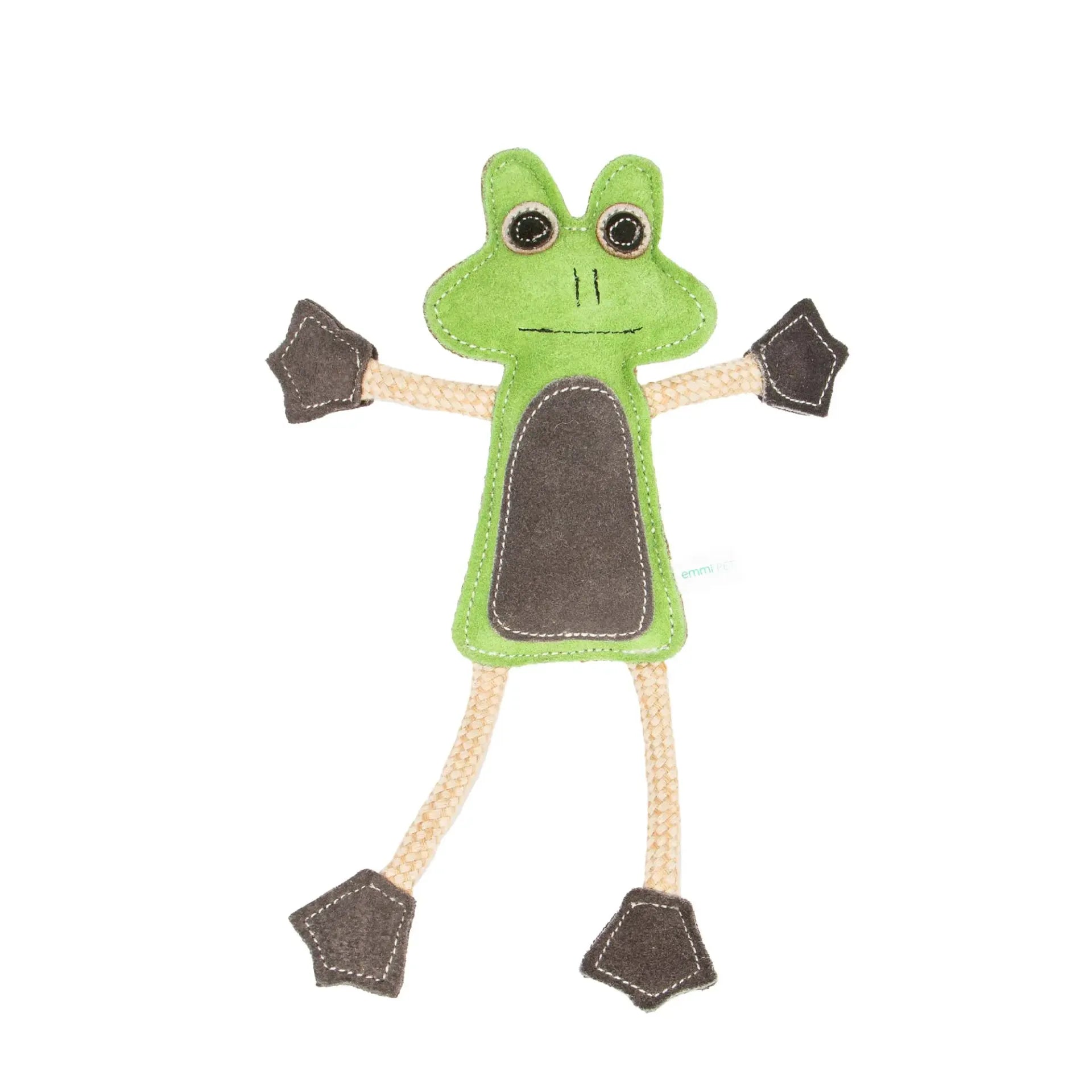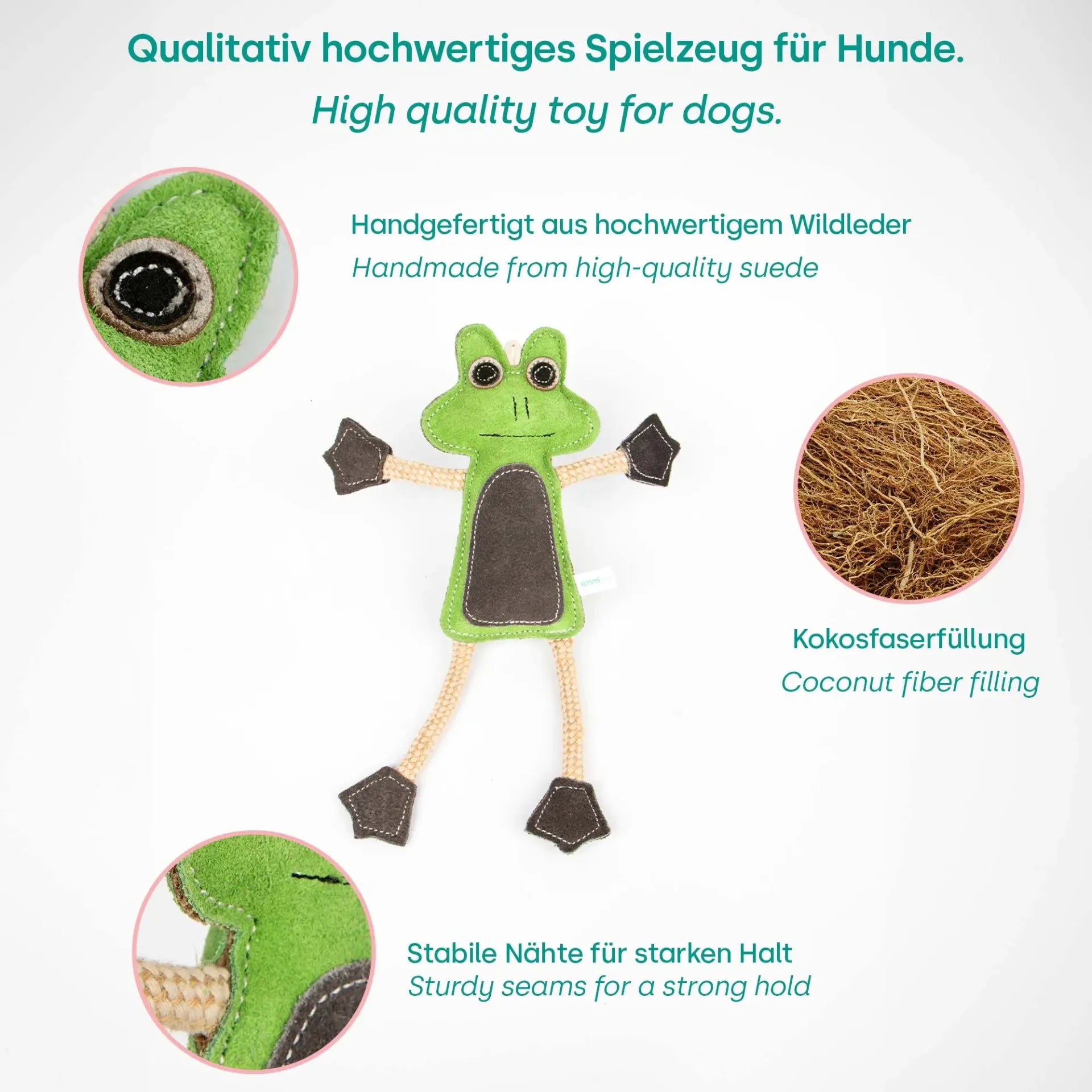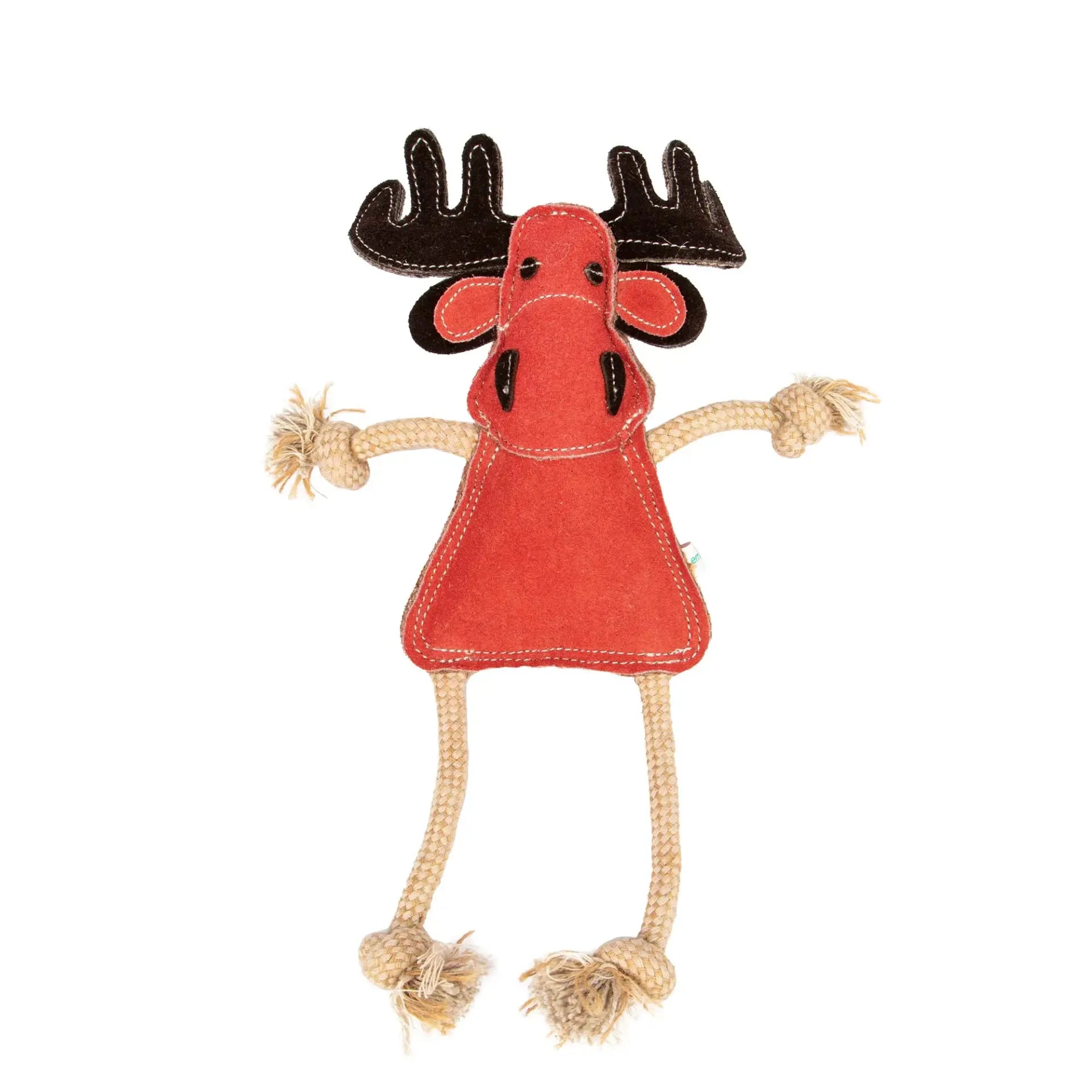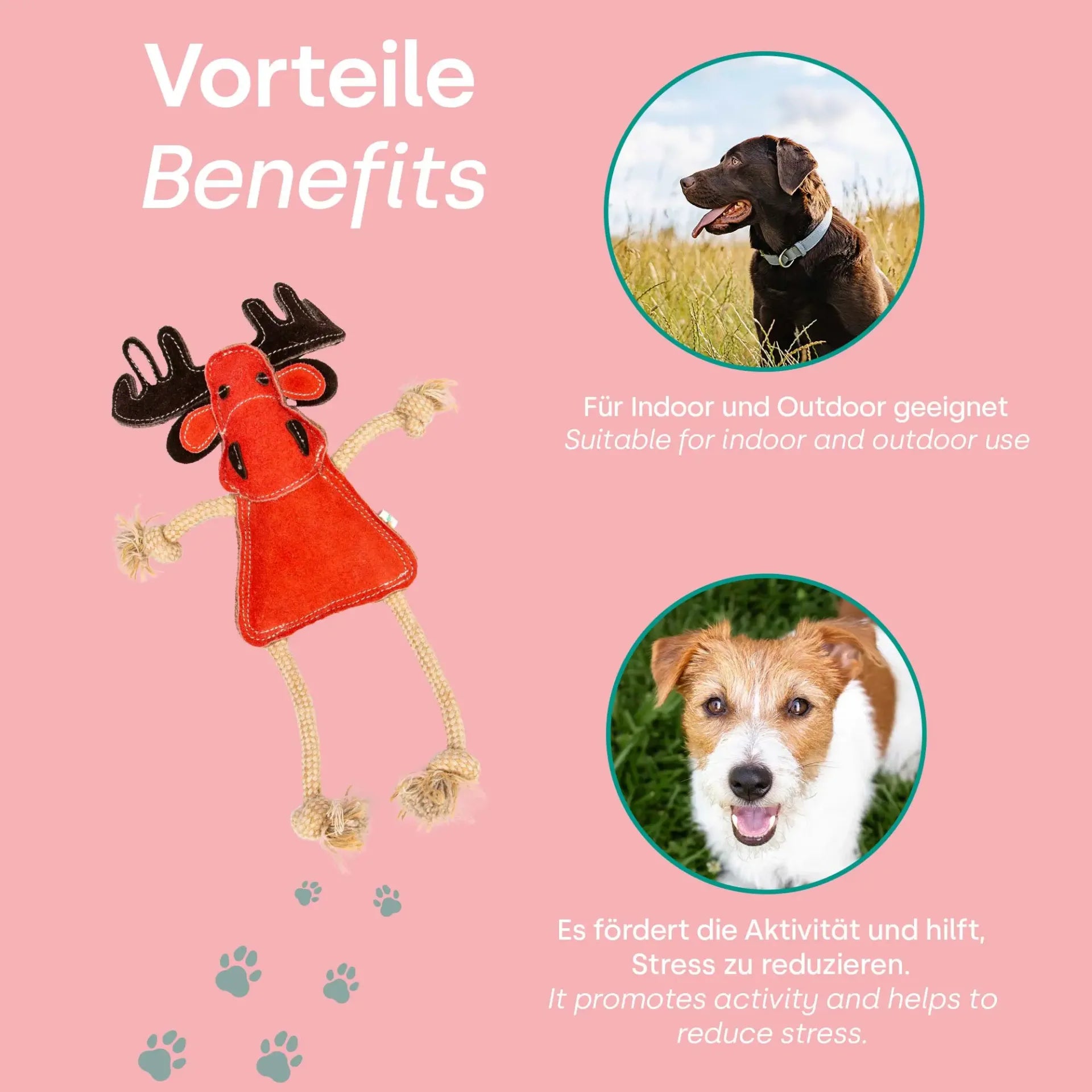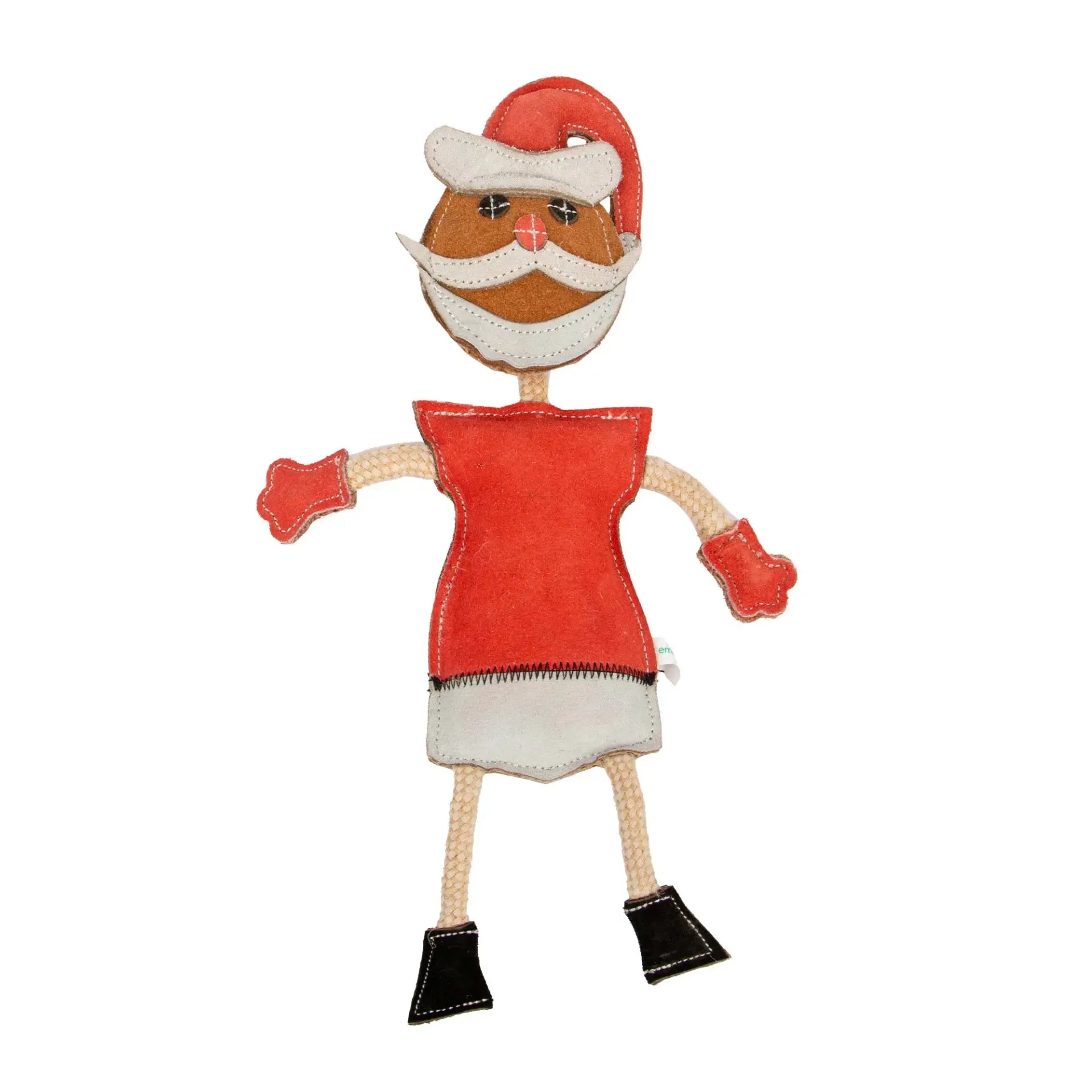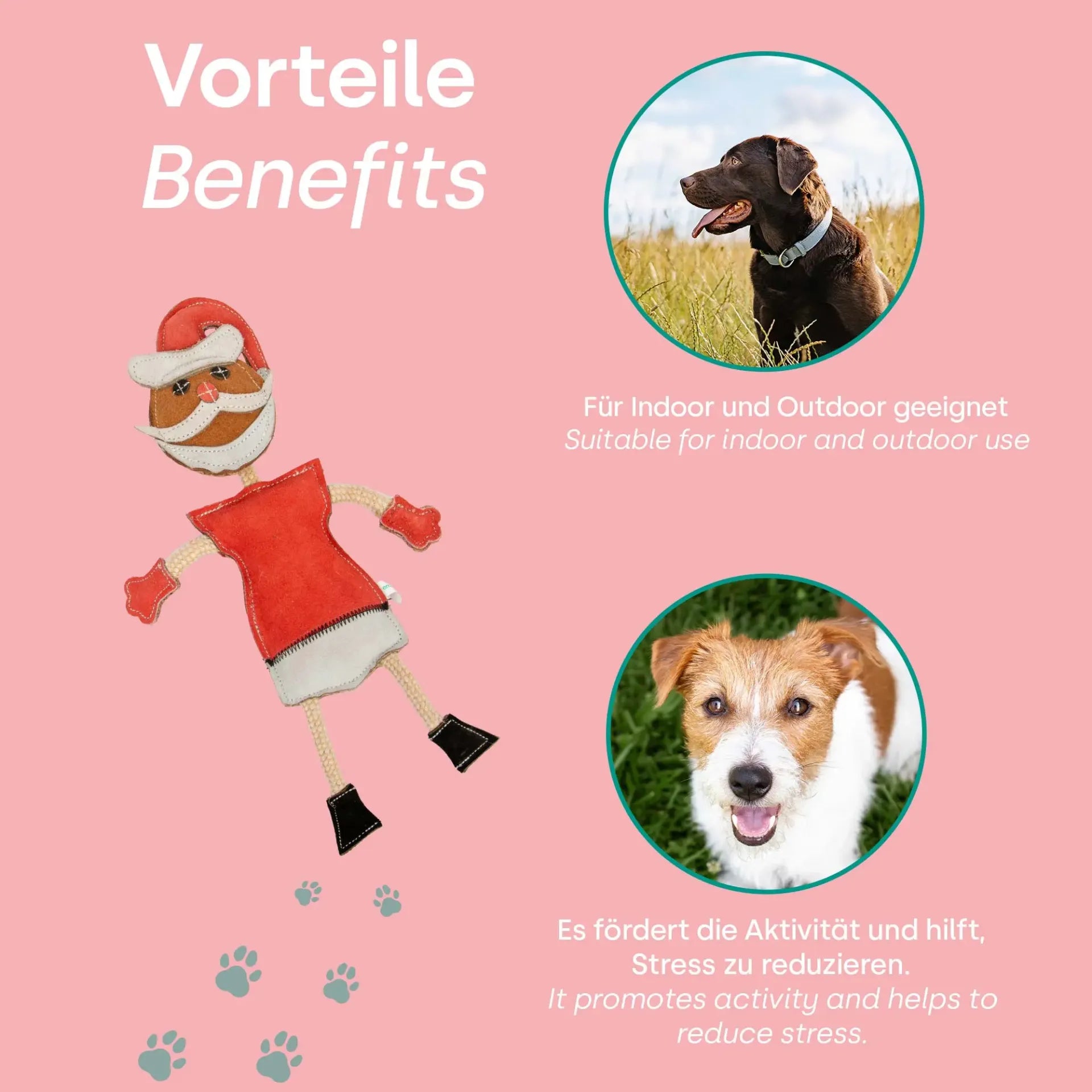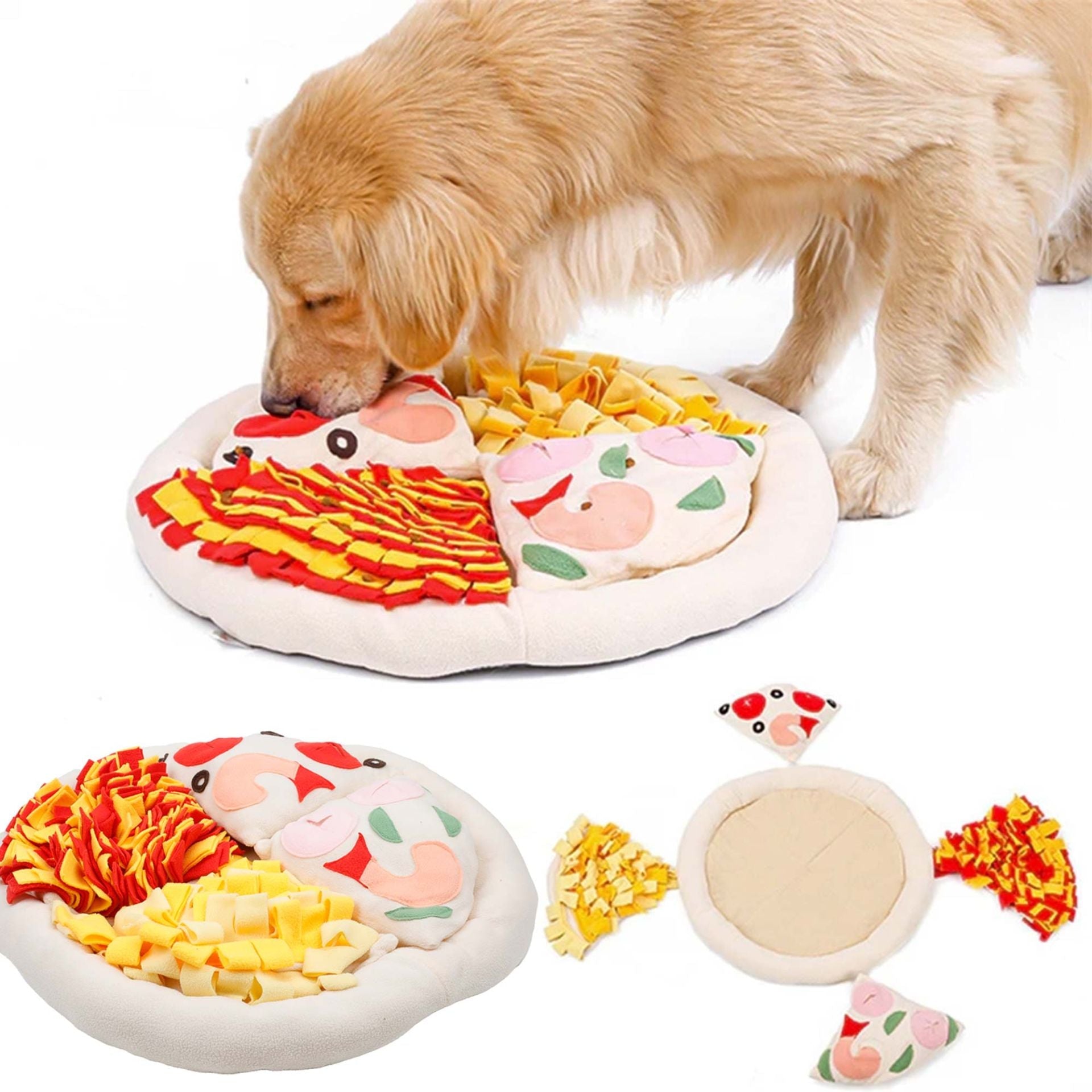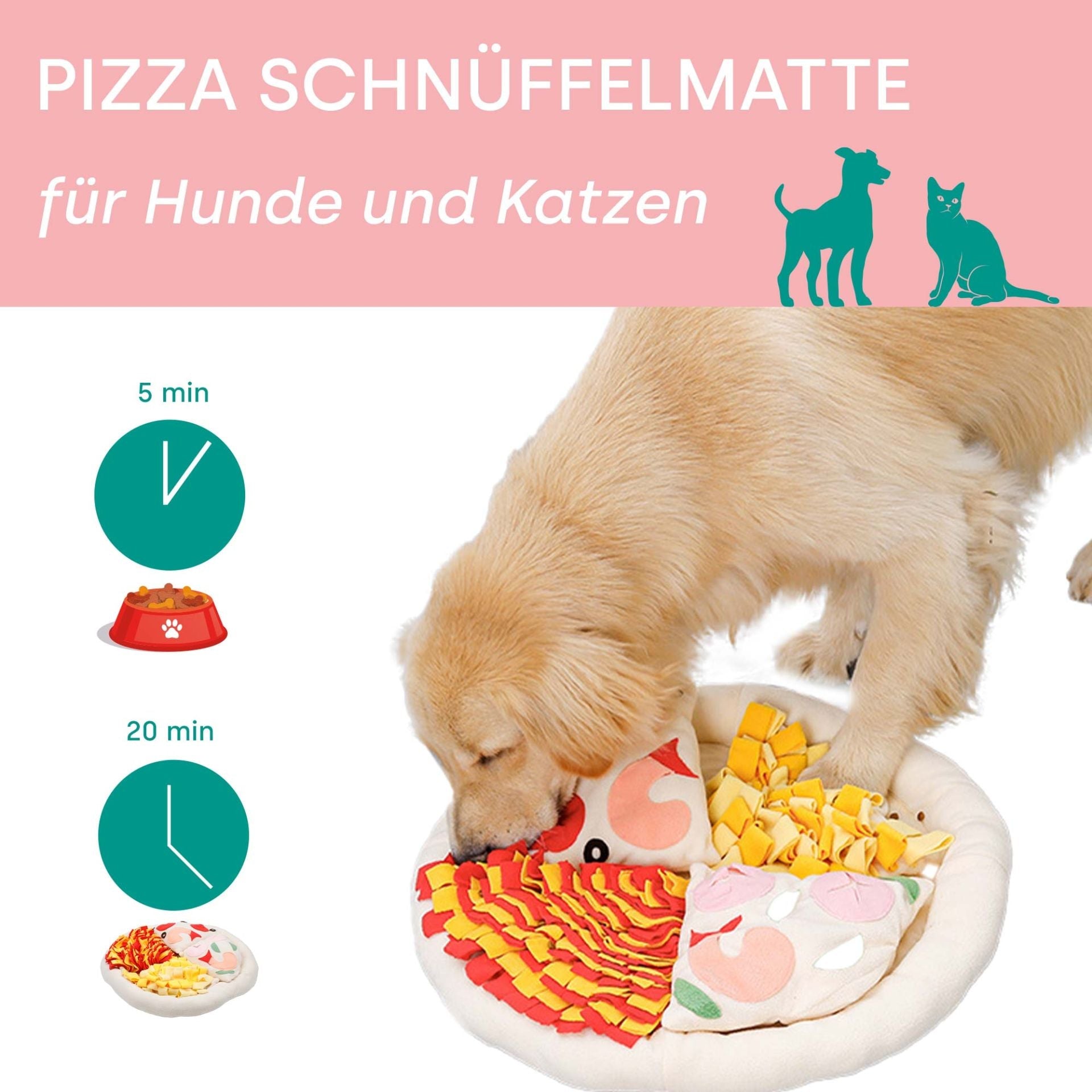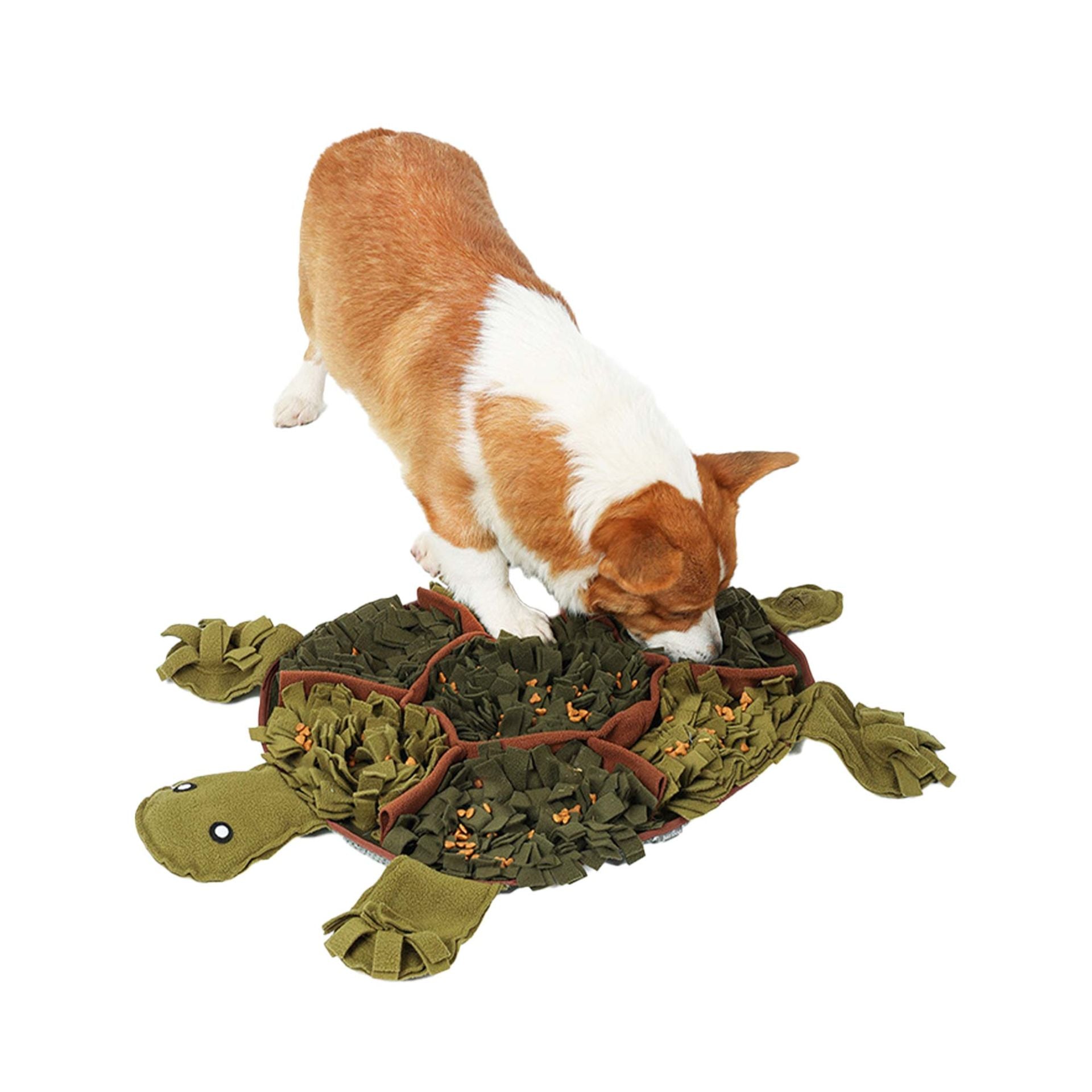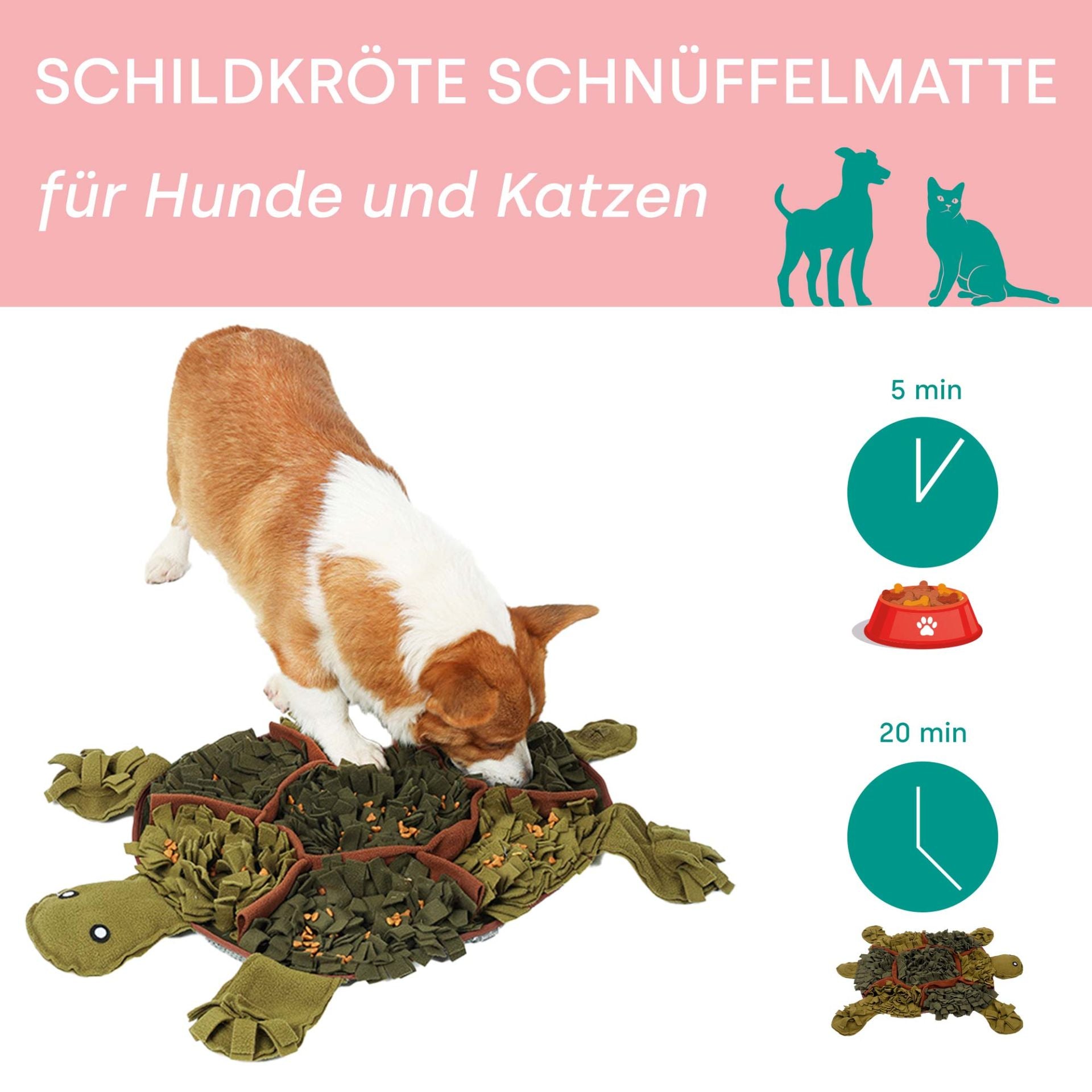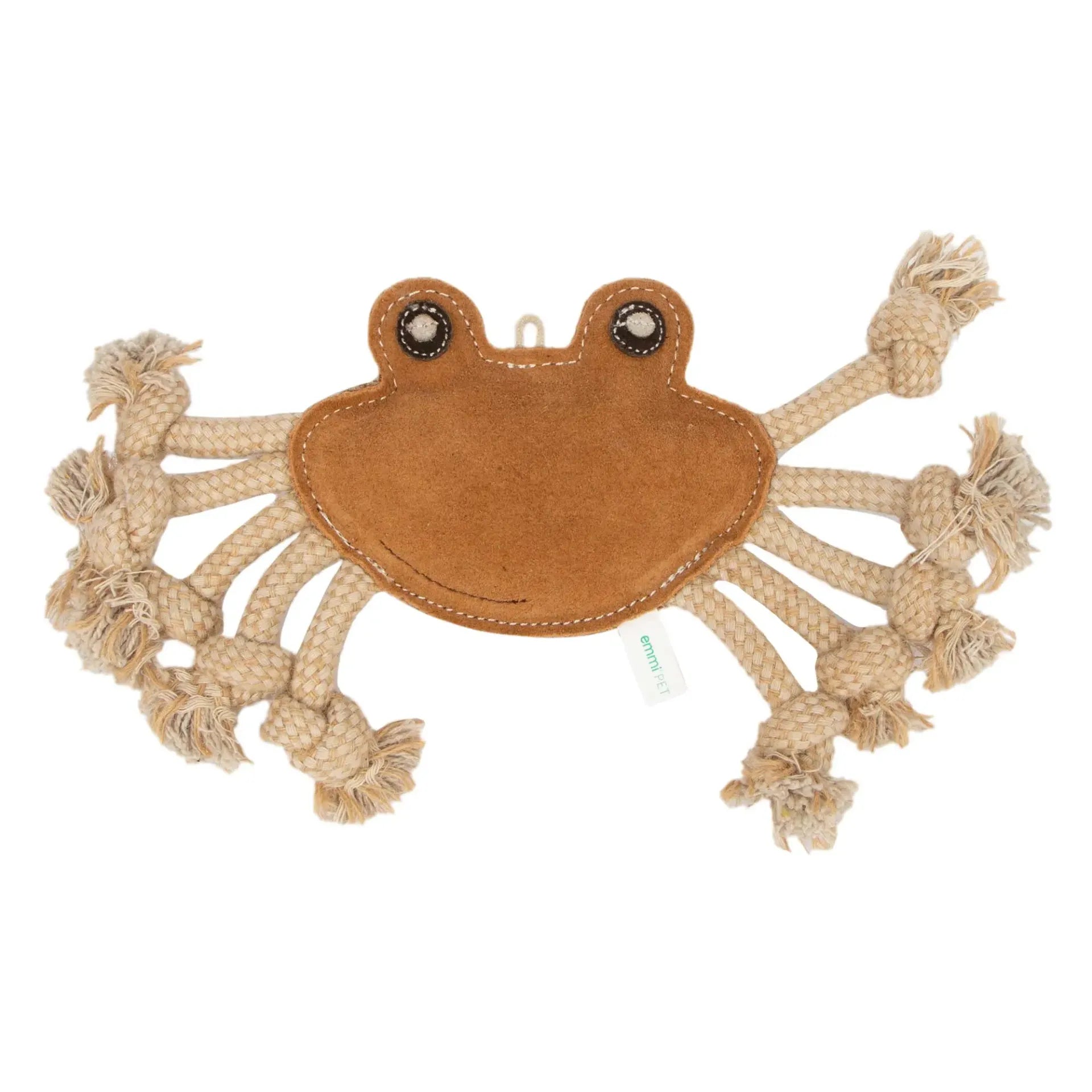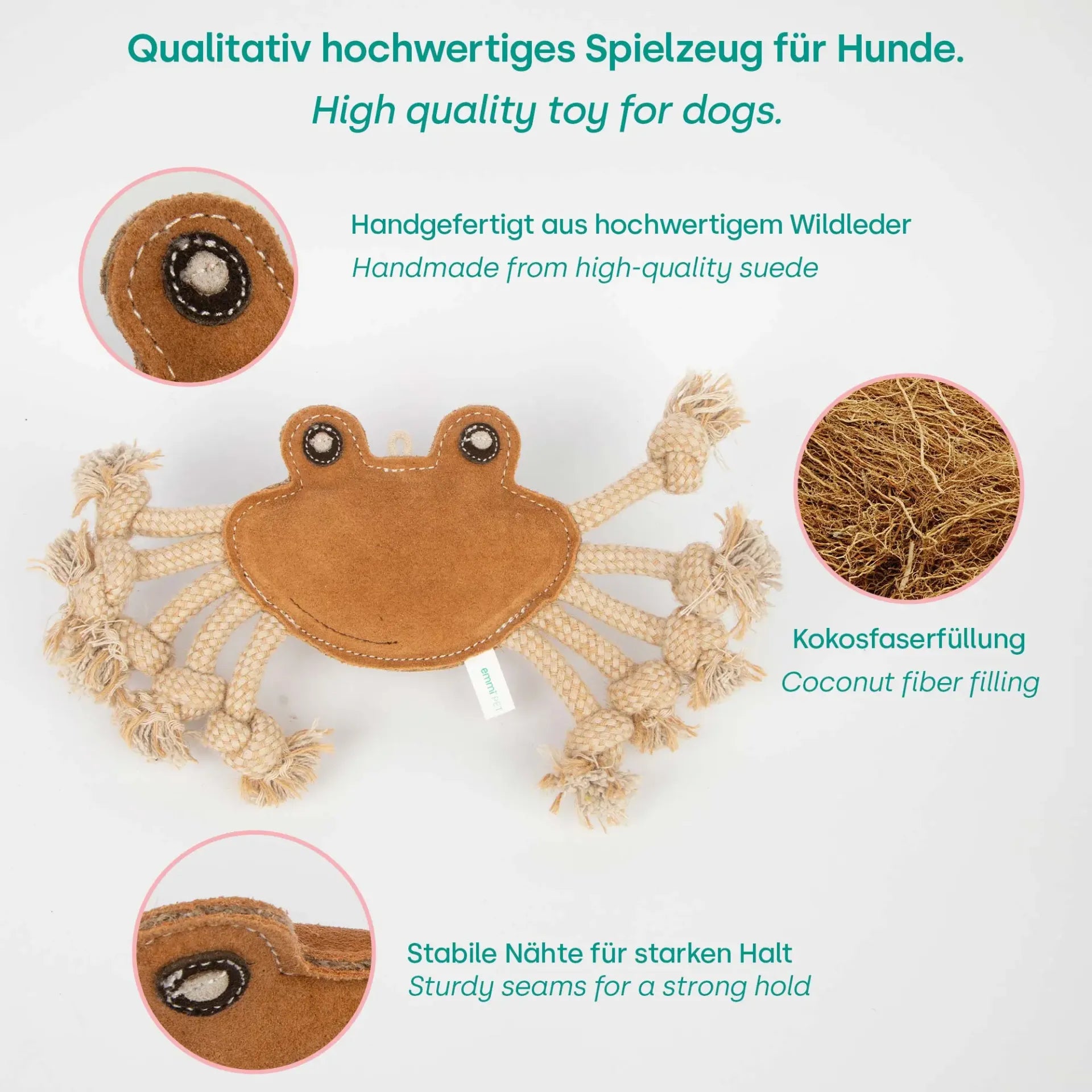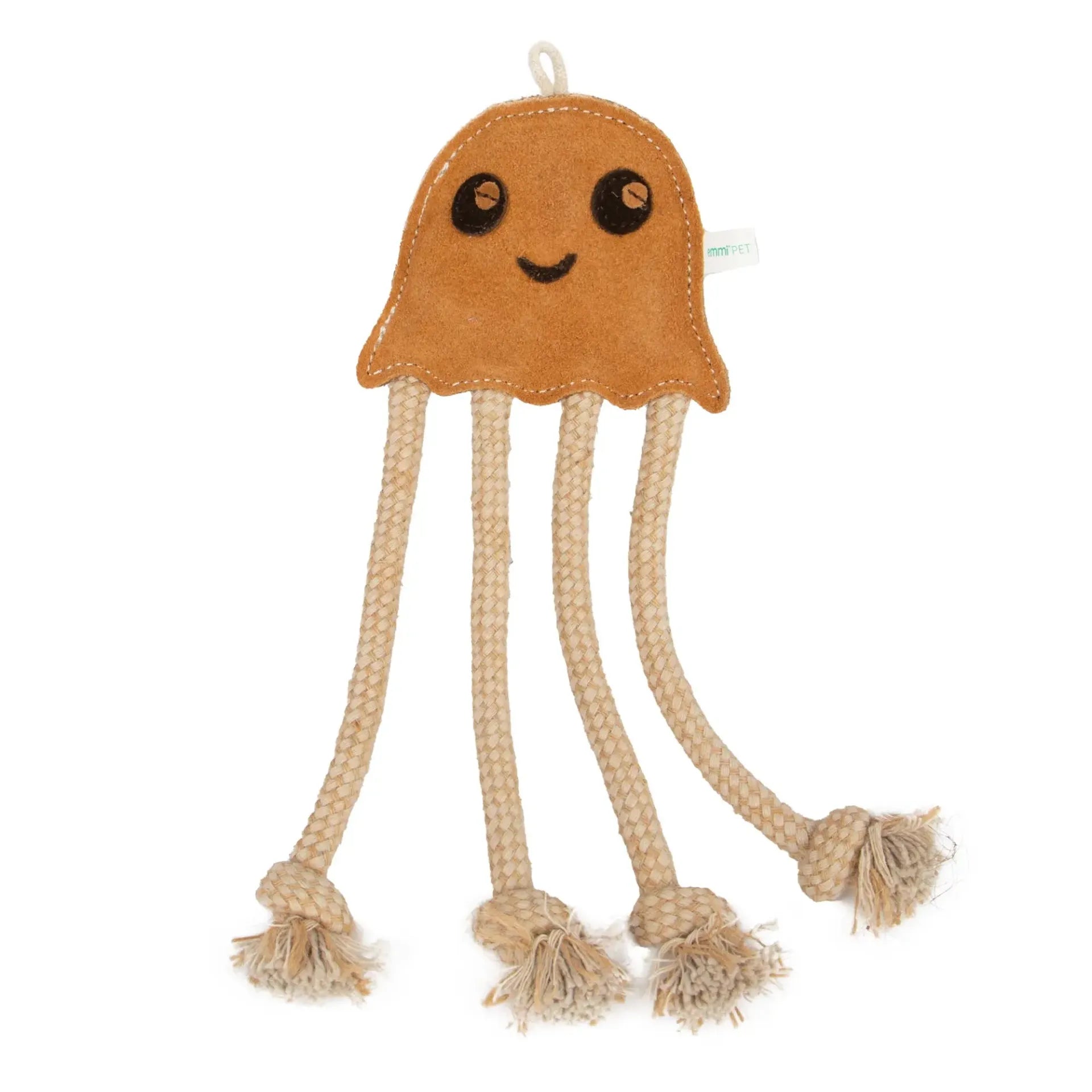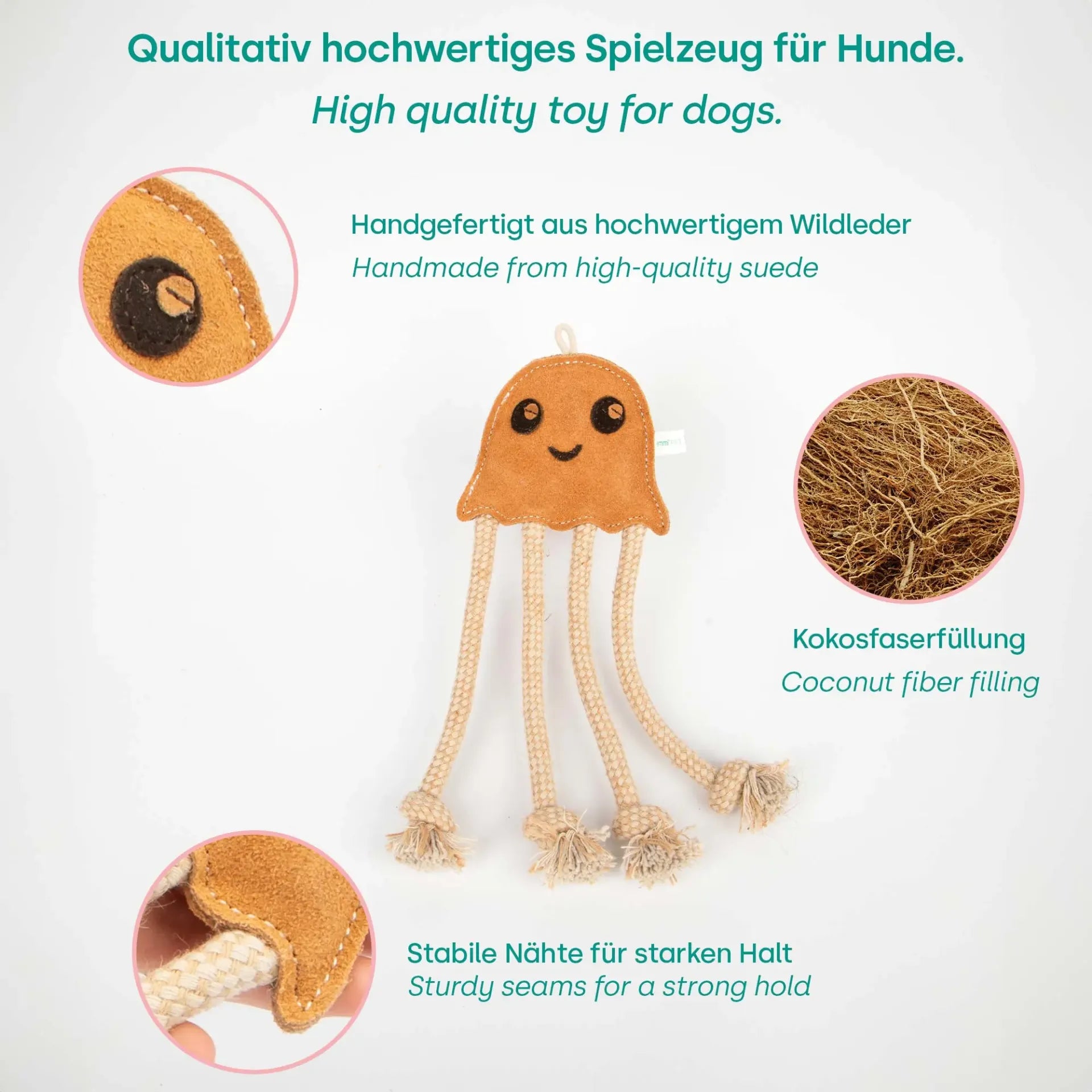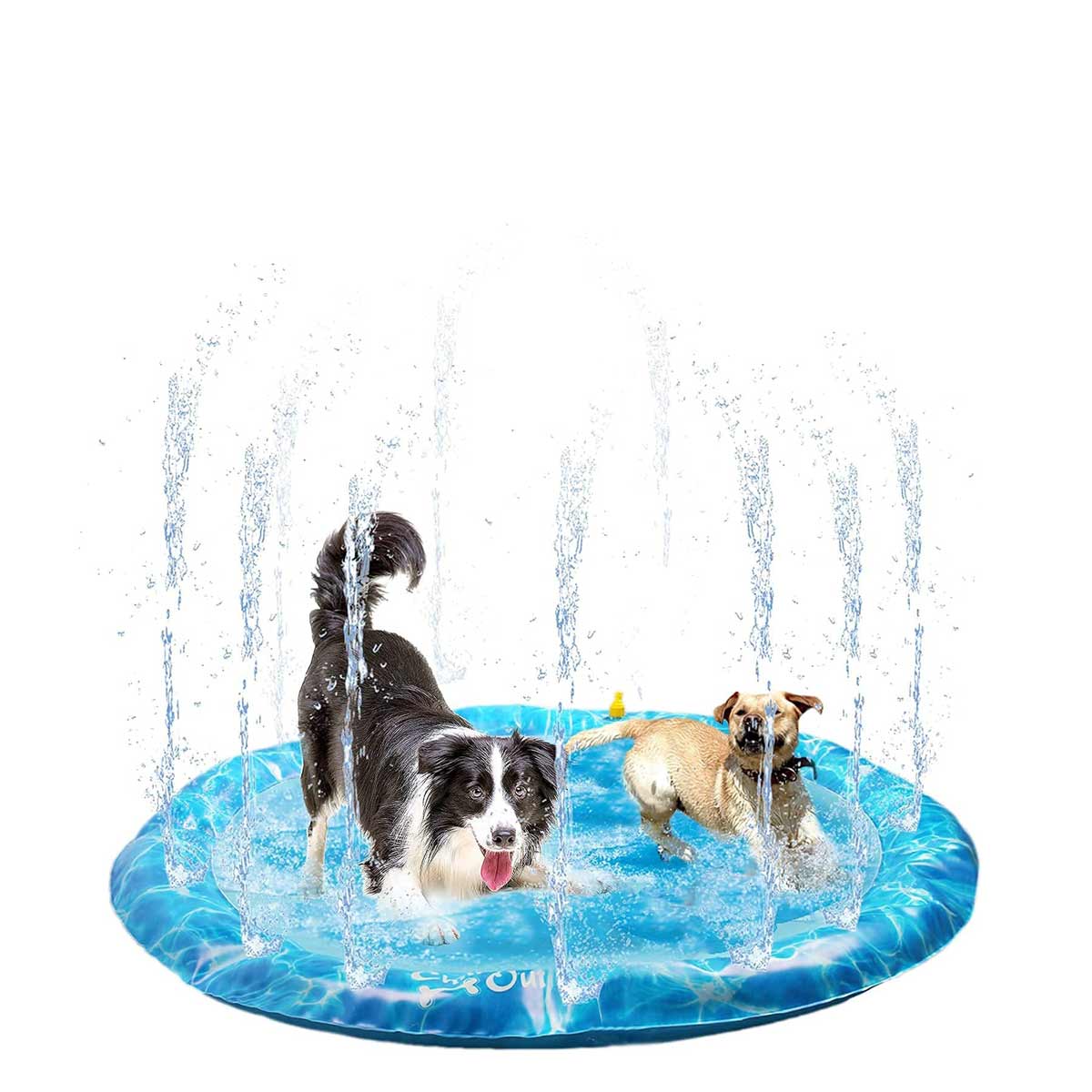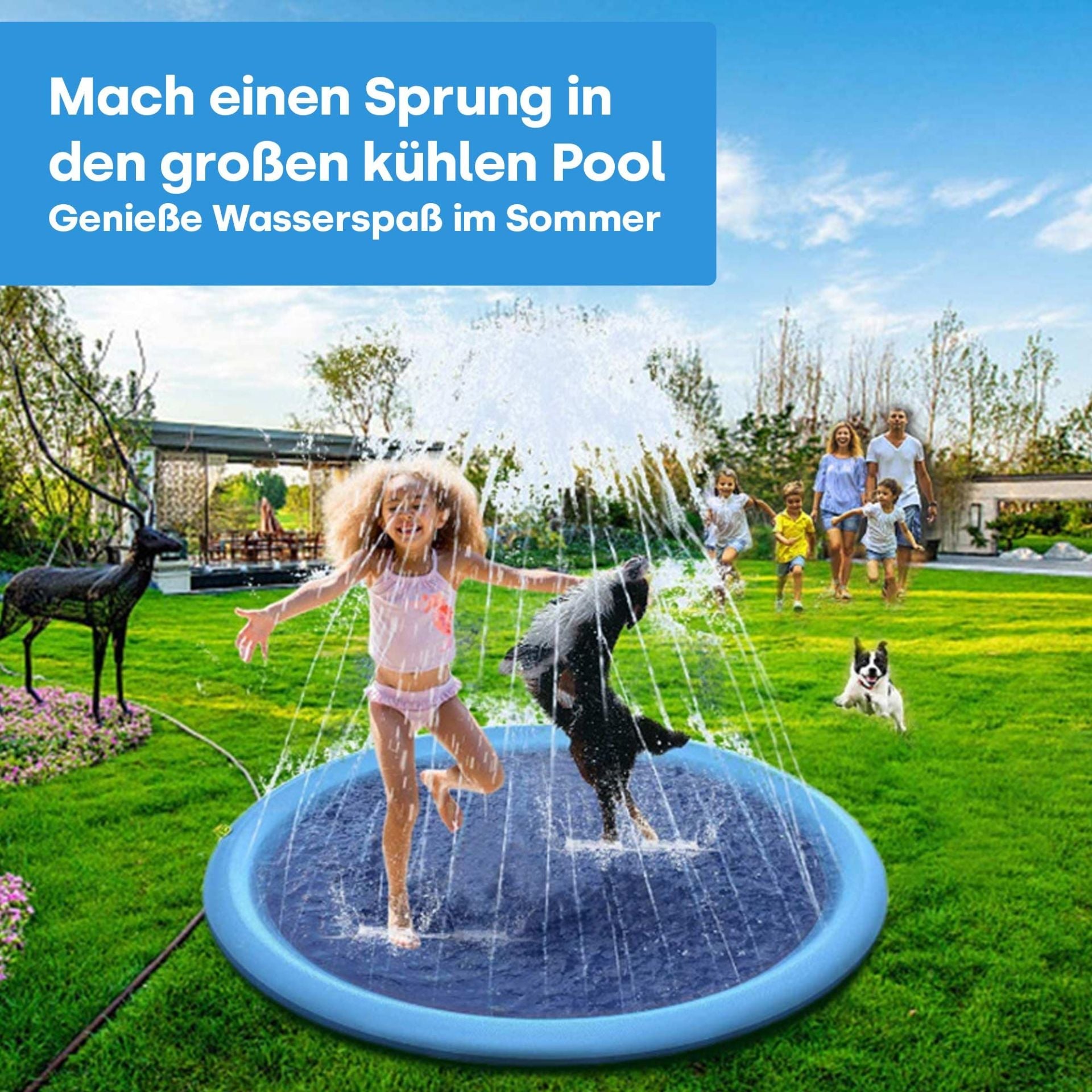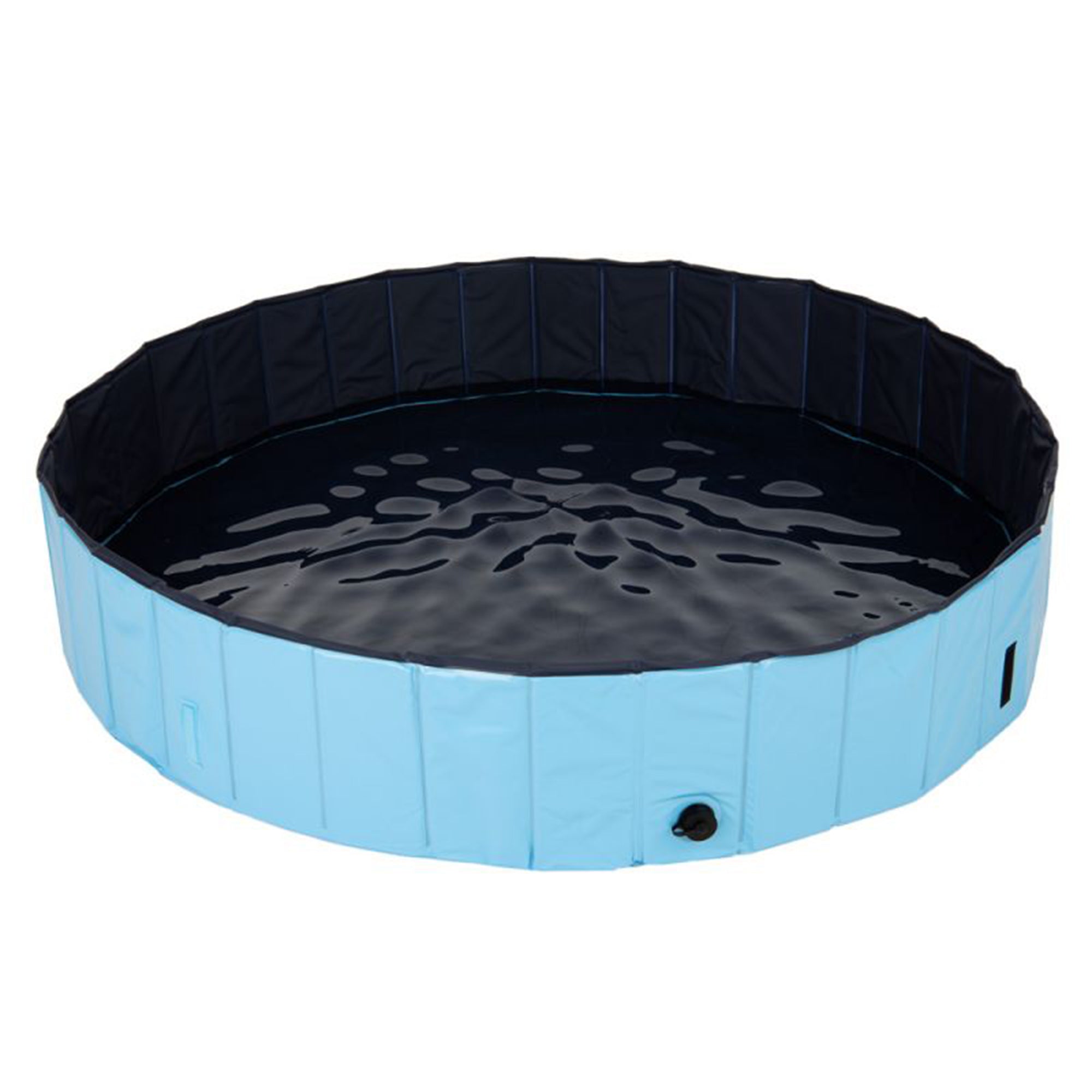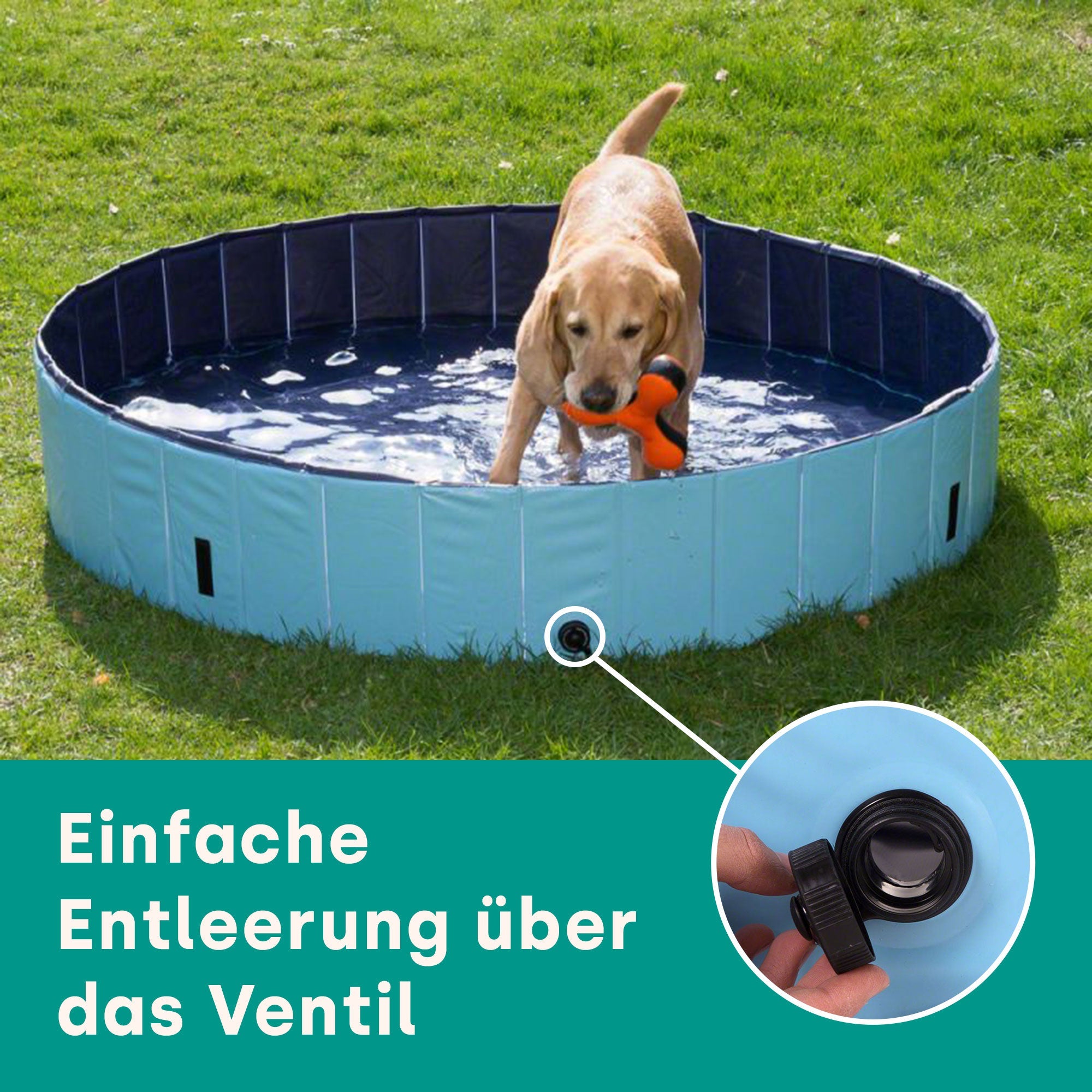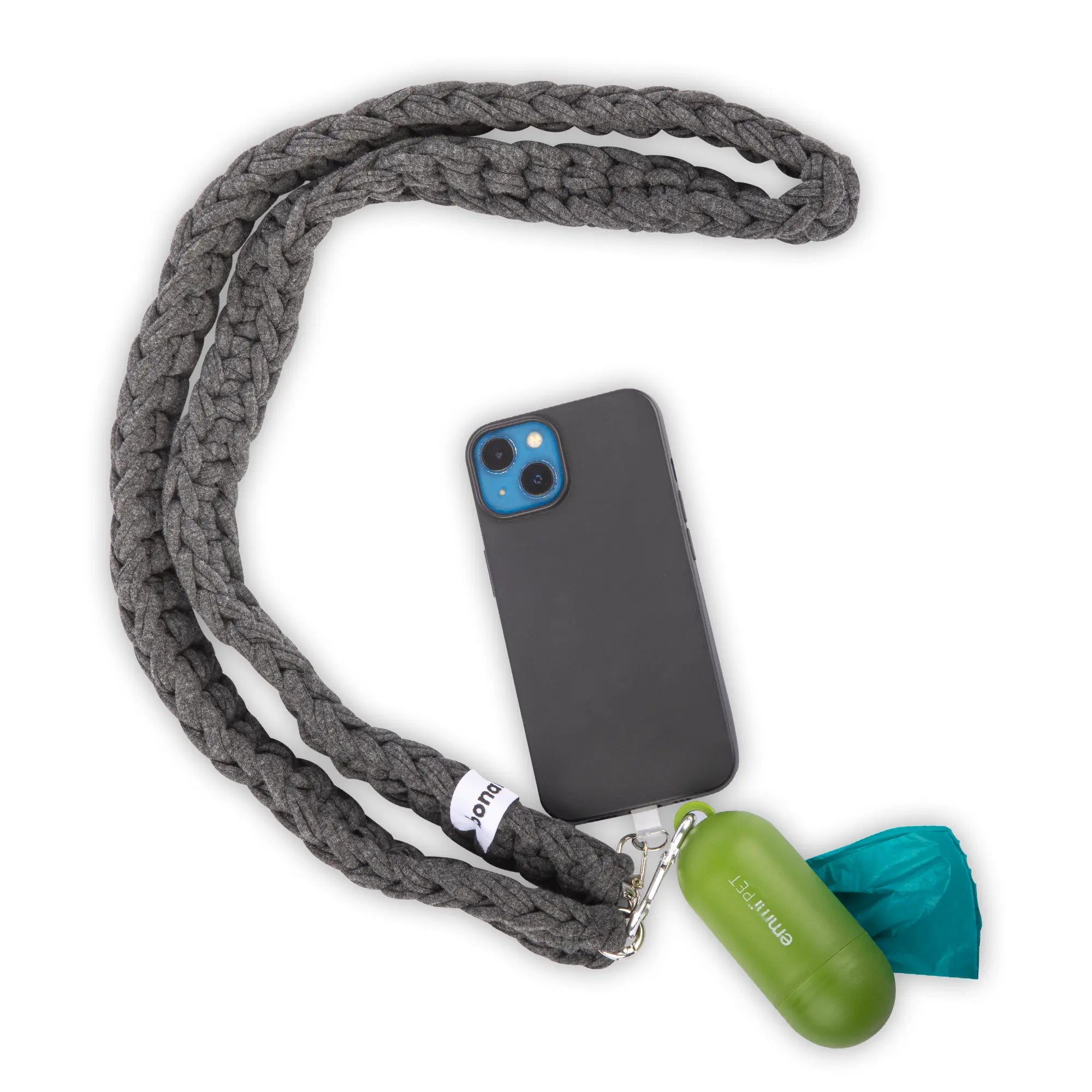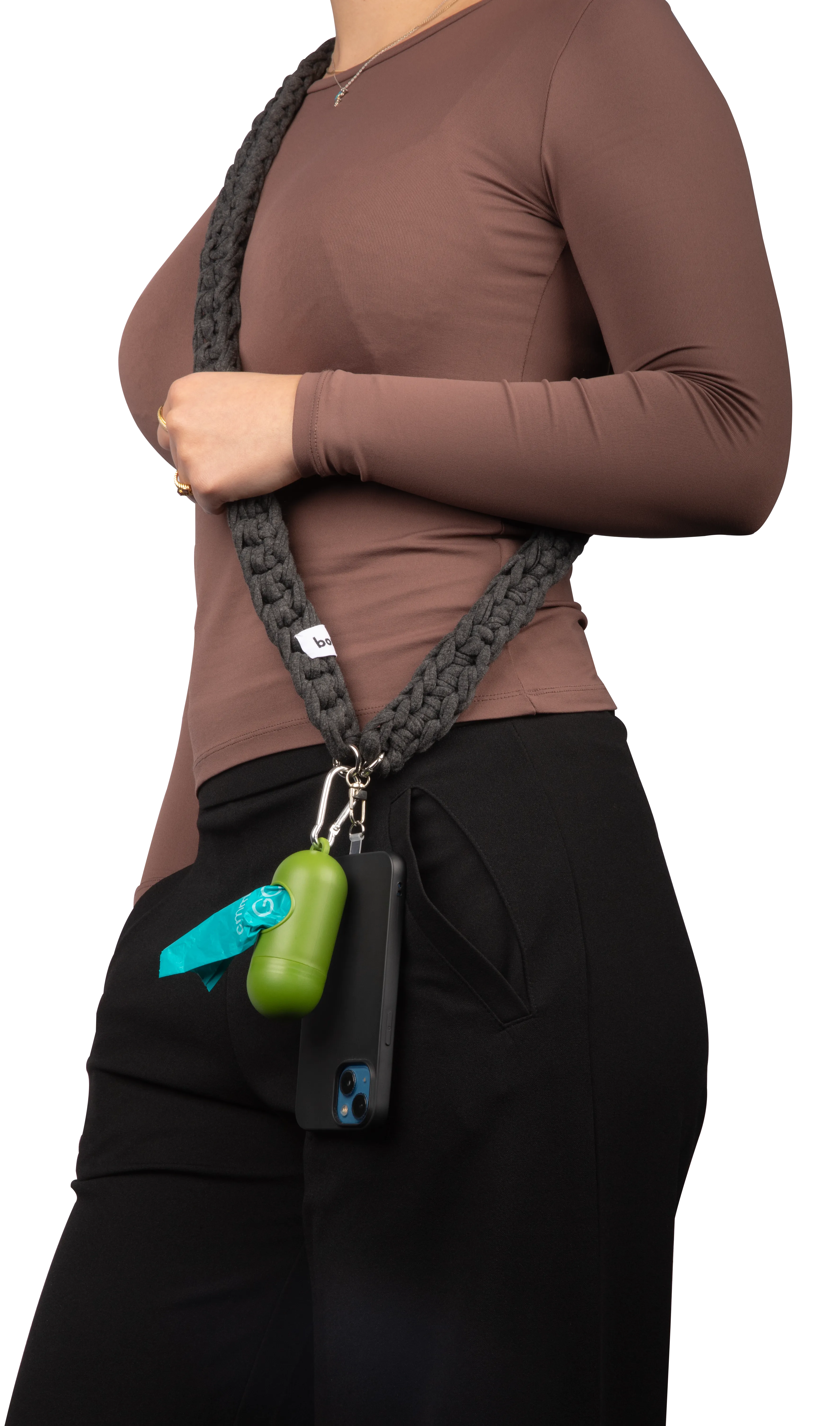Filters
11 products
Frequently Asked Questions
What should you look for when buying dog toys?
What should you look for when buying dog toys?
There are several important factors to consider when purchasing dog toys. Your dog's safety is paramount, so non-toxic materials are a must. Make sure the toy doesn't have any small parts that could be swallowed.
The toy should be sized to fit your dog's jaw. A toy that's too small can quickly become dangerous. It's equally important to consider your dog's chewing intensity to choose a suitable toy.
Consider the following criteria when purchasing:
- Material : Non-toxic and safe. It's important that the toy is sturdy. If it breaks easily, your four-legged friend could swallow small pieces that could potentially be harmful.
- Size : Fits your dog. Puppies tend to prefer smaller toys, whereas large dog breeds prefer larger chew toys.
- Durability : Suitable for your dog's chewing power.
- Purpose: Fetch, chew, cuddle, squeak, or pull – consider your dog's preferences and choose a toy that suits his needs.
Ultimately, the toy should match your dog's interests. An active dog needs different toys than a more quiet dog. Make sure the toy suits his play behavior and energy level.
Indestructible dog toys: What does that really mean?
Indestructible dog toys: What does that really mean?
"Indestructible" dog toys are all about durability and safety. Even the strongest chewers shouldn't be able to destroy the toy immediately. It's important that the toys are made of sturdy materials.
However, there is no absolute guarantee. Even the strongest toys can eventually become damaged. So, watch for signs of wear and tear and dispose of them promptly to avoid injury.
Popular materials for particularly durable dog toys are:
- Natural rubber : Flexible and durable.
- Ballistic nylon : Durable and tear-resistant.
- Hard plastic : Ideal for strong chewers.
Every toy should be checked regularly for damage. Look out for broken pieces that could be swallowed. This will ensure your dog can play safely.
Why are dog toys so important?
Why are dog toys so important?
Dogs love to play, and that's why dog toys are a must. But dog toys aren't just fun; they also offer many benefits for you and your four-legged friend:
Exercise: Many of our dogs spend a lot of time indoors. Therefore, it's important that they get enough exercise every day. Dog toys are ideal for keeping your dog active in addition to walks. This helps prevent obesity, diabetes, arthritis, or other diseases caused by a lack of exercise.
Brain training: Dogs are intelligent creatures who can get bored easily. Dog toys can stimulate their creativity and curiosity and make them happy. Play has been proven to reduce stress, boredom, loneliness, and tension.
Build trust: Dogs are social animals who crave companionship. Regular playtime strengthens the bond between you and your dog. When your dog brings you his toy, it's often a sign of "Let's play!" But giving it to you also shows his affection.
Strengthen teeth: Cleaning a dog's teeth can be tricky. Special dog toys help keep teeth clean. Chewing promotes saliva flow, which keeps gums healthy and strengthens the jaw. If your four-legged friend's teeth are more susceptible to plaque and tartar, you should definitely check out the emmi-pet ultrasonic toothbrush for animals!
What material should dog toys be made of?
What material should dog toys be made of?
Dog toys come in many varieties, suitable for indoors or outdoors, and for small and large dogs. The choice of material depends on how and where you want to play with your four-legged friend.
Plush toys aren't particularly suitable for fetching in muddy forests. Rubber or latex dog toys are better for this. Neoprene and nylon toys are also ideal for outdoor use and can also be used as floatable water toys. For dogs who particularly enjoy chewing and do so vigorously, extremely sturdy dog toys, such as chew sticks, are recommended.
What are the best toys for dogs?
What are the best toys for dogs?
Which toy is best for your dog depends entirely on their preferences and personality. Some dogs love chasing balls, others enjoy tug-of-war games with rope, while some simply love cuddling with their plush toys.
Discover what your dog enjoys most. It's advisable to offer a variety of toys. This way, you can keep your dog entertained in a variety of ways, depending on his mood.
What types of dog toys are there?
What types of dog toys are there?
Dog toys are as diverse as the dog breeds themselves. Each toy has its own purpose and benefit. It's important to choose the right one for your four-legged friend.
A classic is the chew toy . These toys satisfy your dog's natural urge to chew. They are available in various materials, such as rubber or nylon.
Intelligence toys are ideal for clever dogs. These toys challenge the mind and keep your dog mentally sharp. Hiding rewards and exploring promote problem-solving skills.
There are also throwing toys for active dogs. These toys are perfect for outdoor play. Frisbees and balls provide exercise and fun.
Then there are tug toys for four-legged friends. These include dog ropes or toys with loops. These are good for dominant dogs and promote bonding with their owners.
Water toys are especially suitable for warm days or in summer. These include dog pools, water mats, and balls made of buoyant material.
Another popular toy is stuffed animals . These are ideal for cuddling, but also suitable for gentle play. Dogs love to pull and tug on them.
Remember: The right dog toy suits your dog's personality and needs. Choose toys that cater to your dog's preferences and activity level. This will ensure your dog stays happy and engaged.
Dog toys for puppies: How can I keep my puppy busy?
Dog toys for puppies: How can I keep my puppy busy?
Puppies are curious and full of energy. They need special toys that support their curiosity and encourage their development. It's especially important to pay attention to the toys' safety and size.
Puppies have sharp teeth but a soft bite. Therefore, soft toys that can help with teething are particularly suitable. These should be made of gentle materials to avoid damage.
Here are some recommendations for puppy toys:
- Intelligence toys : Like sniffing mats and search games
- Plush toys : Perfect for cuddling and carrying
- Small balls : Ideal for first retrieving exercises
Make sure to check toys regularly. Damaged toys can quickly become dangerous. By understanding your puppy's needs, you can provide him with the right toys and optimally support his development.
Chew toys for dogs: activities with dental care effect
Chew toys are essential for your dog's dental care. They help satisfy their natural urge to chew and prevent tartar buildup. While your dog chews, the gums are massaged and plaque is removed. This can help reduce bacteria and promote dental health. For best results, offer a variety of chew toys.
Some recommended chew toys include:
- Tooth cleaning ropes : gently massage the gums
- Chew snacks : Offer chewing fun with extra motivation
- Natural bones : Ideal for sustained chewing
Also consider the size and durability of the toys. Inappropriate sizes can be dangerous if your dog chews off pieces. Regular play with chew toys will not only keep your dog occupied but also healthy.
Dog toys and dental health: Innovative solutions like the emmi-pet 2.0
Dog toys can do more than just provide fun—they also play a role in dental health. Some toys are specifically designed to reduce plaque and massage gums. But an even more effective solution is the emmi-pet ultrasonic toothbrush.
The emmi-pet uses 100% ultrasound to gently support dental care. With 96 million ultrasonic vibrations per minute, it effectively combats bacteria. It is completely silent and vibration-free, making it particularly pet-friendly.
Advantages of the emmi-pet:
- Reduced gum inflammation : Ultrasound promotes healthy gums.
- Prevents tartar : Supports oral hygiene.
- Gentle & stress-free : No scrubbing, no noise.
By combining dental care toys with technologies like emmi-pet, you can ensure optimal dental health for your dog. Both complement each other perfectly to prevent long-term oral problems.

